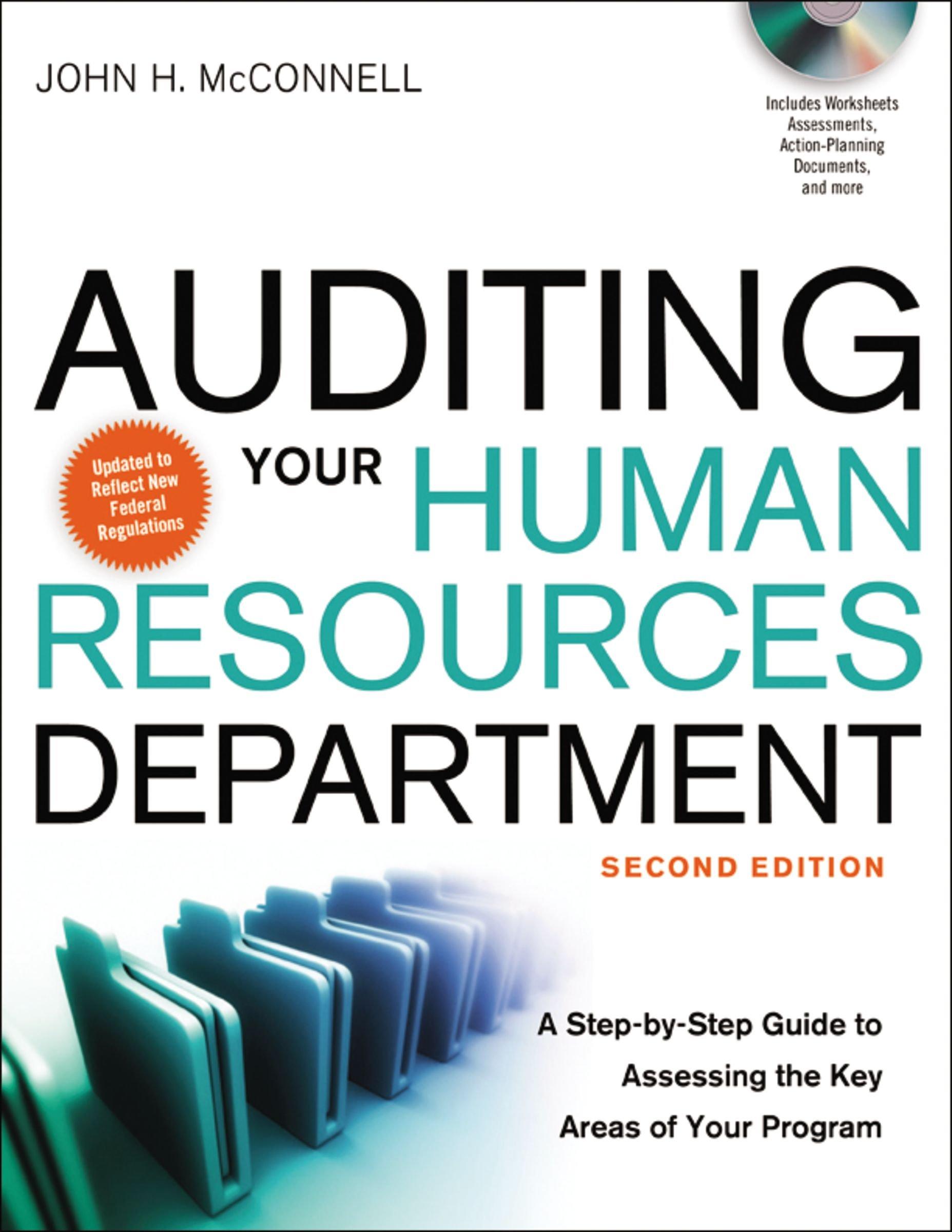Question
1. If an organization has a particularly low budget to be used for employee training, which reward system would be least appropriate? A. informal reward
1. If an organization has a particularly low budget to be used for employee training, which reward system would be least appropriate?
A. informal reward programs
B. skill-based pay systems
C. profit-sharing programs
D. flexible benefit programs
2. Studies on the potential for goals to motivate unethical behavior have found that unethical behavior increases when
A. management does not keep track of employees' progress toward the goal.
B. people do not have the necessary skills and ability to achieve the goal.
C. an employee is given a goal that is too complicated.
D. a financial incentive was tied to the goal.
3. Rewards that result from interactions between people are referred to as ______ rewards.
A. intrinsic
B. social
C. informal
D. flexible
4. Flexible benefit programs are also known as
A. cafeteria-style benefit programs.
B. pick-and-choose benefit programs.
C. performance-based benefit programs.
D. fluctuating benefit programs.
5. Paying employees according to their value in the labor market in terms of knowledge and abilities is the premise behind
A. skill-based pay programs.
B. flexible benefit plans.
C. profit-sharing programs.
D. informal reward systems.
Step by Step Solution
There are 3 Steps involved in it
Step: 1

Get Instant Access to Expert-Tailored Solutions
See step-by-step solutions with expert insights and AI powered tools for academic success
Step: 2

Step: 3

Ace Your Homework with AI
Get the answers you need in no time with our AI-driven, step-by-step assistance
Get Started


